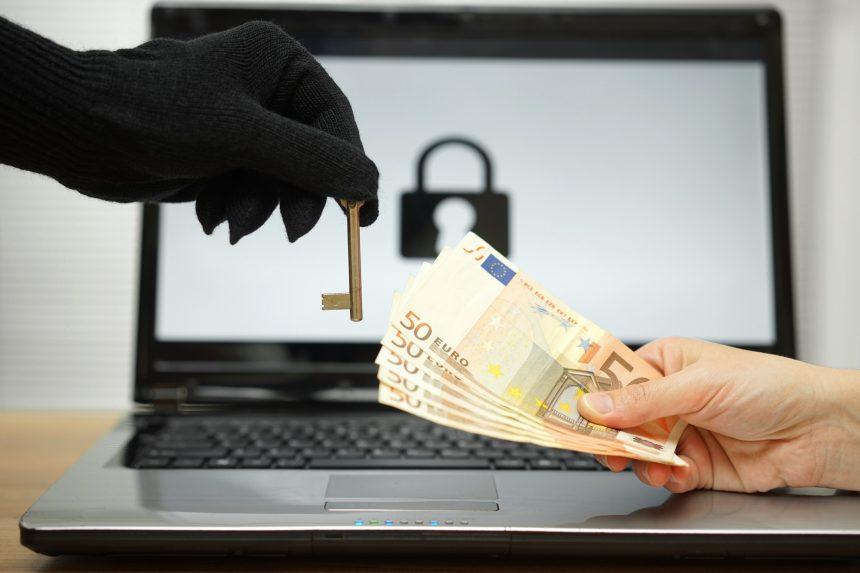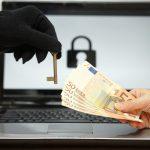Faust Ransomware: A Menace to Digital Security
Faust Ransomware stands as an example of the constantly evolving cyberthreat landscape, specifically designed to exploit vulnerabilities and encrypt victim’s files with a military-grade cryptographic algorithm. Once infected, victims find themselves locked out of their own data, confronted with a daunting ransom demand, and given a stark choice: pay for the decryption key or risk losing access to their valuable files forever.
One of the most striking characteristics of Faust Ransomware is its calculated approach. This malicious software targets a wide range of file types, leaving no digital stone unturned. Whether it’s personal documents, photos, videos, or other important files, the malware encrypts them, rendering them inaccessible. In order to acquire the decryption key, victims are instructed to communicate with the attackers through the email ‘gardex_recofast@zohomail.eu‘. The message outlines the price for decryption, which varies based on how quickly the victim responds.
While this threat is a clear violation of digital security, it is essential to emphasize that yielding to ransom demands is strongly discouraged. Paying the ransom only funds and encourages further criminal activities. There’s no guarantee that paying will result in restorating your files, and engaging with the attackers could expose you to further harm.
Faust Ransomware is just one of many threats lurking in the digital world. To safeguard your digital life against such threats, consider following these steps:
Back up Your Data
backing up your data. Keep backup copies offline or in secure cloud storage to ensure your file integrity.
Use Reputable Anti-Malware Software
Utilize reputable antivirus and anti-malware software to shield your devices from potential threats. Regularly update these programs to stay ahead of emerging threats.
Update Your System
Regularly update your operating system and software applications. Many cyber attacks exploit known vulnerabilities that are usually addressed in updates.
Be Cautious with Opening Email Attachements
Be cautious with email attachments and links, especially from unknown senders. Phishing emails are a common ransomware delivery method.
Change Passwords
Make it a habit to employ complex, unique passwords for each online account. Consider using a reputable password manager to keep track of them securely.
Check the Legitimacy of the Email Senders
Lastly, be skeptical of unexpected requests for sensitive information or money. Verify the legitimacy of such requests through independent channels.
The rise of threats like Faust Ransomware underscores the importance of maintaining digital vigilance. By adopting a proactive approach to cybersecurity and adhering to best practices, individuals and organizations can minimize the risk of falling victim to such malicious attacks. Remember that a combination of preparedness, education, and cautious behavior can significantly enhance your resilience against the ever-evolving landscape of online threats.
If you are still having trouble, consider contacting remote technical support options.





